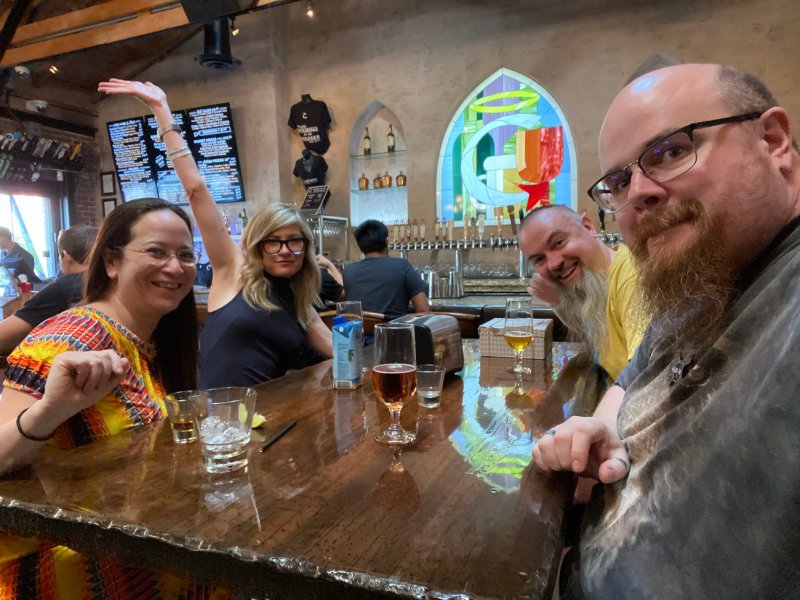Having found success in different areas, it’s a pleasure to hear from Erika Earl, Paul Beech, and Spencer Owen during a panel discussion at the 2019 Hackaday Superconference. Led by Tindie’s Jasmine Brackett, the panel covers some of the background needed to develop a product and get it into the hands of your customers.
Erika’s origin story begins with an interest in electronics during her teenage years that led to work in recording studios. It seems nobody on staff there was interested in repairing anything. Every company needs a hacker to make sure everything continues to work and she decided to take on the role.
From there Erika found her way into the world of manufacturing and has never looked back. You may remember hearing some of her experiences in her 2016 Hackaday Supercon talk on turning your manufacturing mistakes in a learning experience. During this panel she recounts one particularly painful experience when over-torque on a six-layer PCB damaged traces and led to extensive manual rework; always include a torque-spec!
Paul Beech is one of the minds behind Pimoroni, the UK-based electronics manufacturer and distributor with a strong focus in the maker movement. He began on home computers in the 1980s and was happy to embrace the maker movement early on when the only way to get your hands on a quadcopter was to build your own. Paul’s other claim to fame is that he designed the Raspberry Pi logo.
It’s easy to see how running Pimoroni could gobble up all of your time. Paul says that it’s still paramount to make room for your own passion projects, ignore this advice at your own peril. He also makes a good point that we’re facing a turning point with climate change and that in our projects, both personal and professional, it’s important to look at what impacts our choices make on society and on the planet.
Spencer Owen supports himself with his store on Tindie that sells a Z80-based computer system he designed called RC2014. He began his career in network engineering, with the side project of building his own retrocomputer designs. That grew quickly as the word got out and more and more people wanted him to make them a kit so they could have some retrocomputer fun as well.
The breadth of online resources is something that Spencer credits for his success. From podcasts like the Amp Hour and EEVblog to articles that share the secrets of computer design, he’s been quite happy to pay forward the things he’s learned. When it comes to creating a successful product, he warns against the hug of death being featured on Hackaday can bring. It’s tough to make the commitment to carry a large stock of your products hoping to get noticed. But when lightning struck for him, everything was out of stock in the blink of an eye.
The panel wraps up with a question and answer session that you should stick around for. The most illuminating questions are at the end when an audience member inquires about FCC testing. Paul mentions that once you start shipping to a substantial number of customers, say 1000 or more, it’s paramount that you have all of your certifications in order, be they RoHS 3, REACH, or otherwise. Erika drops an interesting tip that those seeking FCC and other certifications should look into doing a prescan where a testing lab will charge much less to run your product through the most stringent of the tests to tell you where it will fail during actual certification. It can save you a bundle in the long run.
Being at the con to speak with others who are working on similar projects is one of the things Erika mentions she did to help level up her manufacturing skills. You should definitely try to get out there and rub elbows with other hackers, but if you can’t swing it, watching panels like this one is the next best thing.
[Main image via @guru]
















Is this something people may want my input on?
HaD is a small but international community… 5500 miles from home I immediately recognise the place in the top image. Two of the people at the table I met with. One of them in a -third- country.
Yes, HaD is a thoroughly international community, and I think that every time I met with you was in the UK :-I
I am most interested in the FCC testing bit. This has always scared me away from trying to sell my designs. It seems to be a gray area where its ~technically~ illegal, but the FCC won’t bother until they hear about you.